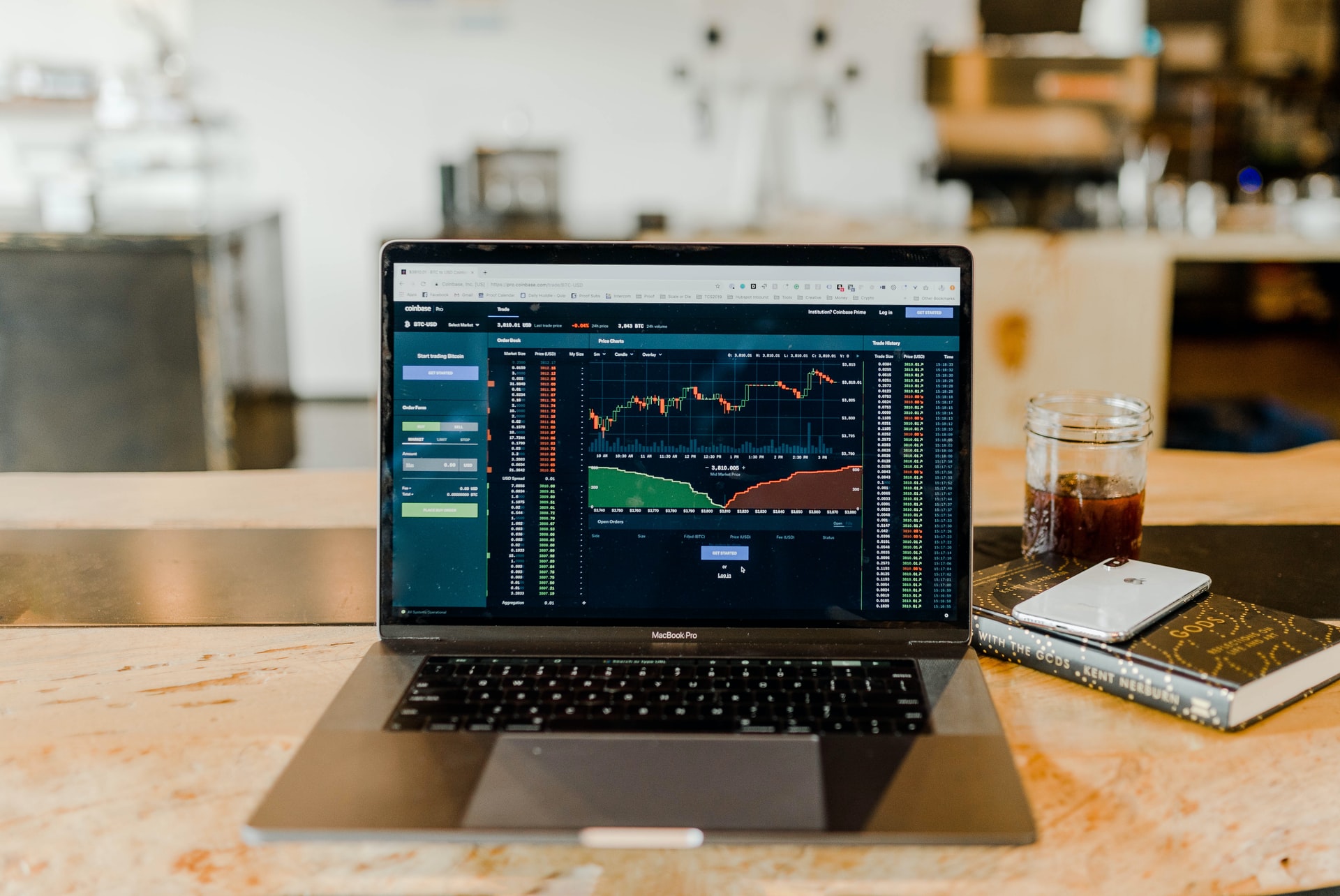What a Stockbroker Does, and How to Become One
Whether you are interested in a stockbroker to help build your investment portfolio or you're considering a career in the field, it is helpful to begin by understanding what a stockbroker is to determine if it is the right choice for you.
Author:James PierceReviewer:Camilo WoodAug 16, 2021820 Shares273.3K Views

Whether you are interested in a stockbroker to help build your investment portfolio or you're considering a career in the field, it is helpful to begin by understanding what a stockbroker is to determine if it is the right choice for you.
What Is A Stockbroker/What Does A Stock Broker Do?
What is a stockbroker? A stockbroker, in its most basic definition, is a professional that makes stock market investments and trades for their investors using researched-backed investment strategies.
However, given their thorough knowledge of the stock market, including when to buy at the best prices, they may also advise you when to purchase certain investments, as well as when to sell certain investments for maximum outcomes.
These investors can be individuals or large institutional investors, who in return pay a commission, which is typically a flat fee or a percentage of the value of the transaction, in exchange for the advice given and the trades made on their behalf.
The Pros And Cons Of Becoming A Stockbroker
Pros:
- It can be a great career for those with a thorough understanding of the stock market.
- It's a career with the potential for high earnings.
- It may also be a good career for those who are skilled in sales.
Cons:
- It may take a while to build a customer base.
- It is competitive work.
- It may require extremely long hours of commitment.
- The job comes with rejection and stress, so you must be able to handle it.
How To Become A Stockbroker
To become a stockbroker, you will first need to earn at least a bachelor's degree in finance, economics, or business, which will provide you with a basic understanding of the markets as well as how they move.
You are also required to be licensed by your state; therefore, you may need to take a series of state exams. However, the FINRA General Securities Representative Exam will need to be taken first to obtain your Series 7 license, and then your brokerage will help you determine if you require further testing for additional licensing.
Once you have successfully passed all state-required testing and licensing, you can then apply for a job with an experienced firm to learn practical knowledge, such as how to understand the paperwork involved, as well as how to communicate with clients, which will help prepare you for specialty licensing or certification, should you choose.
In the meantime if you are an investor, the experts at Money Morning state, "you have a few other options instead of working with a traditional stockbroker...who are free to push the most expensive products or those that pay the highest commissions."
For instance, you could work with a fiduciary financial advisor whose higher standards require that he or she acts in your best interest, or you could simply set up your own portfolio using a Robo-broker. The choice is yours!

James Pierce
Author

Camilo Wood
Reviewer
Latest Articles
Popular Articles